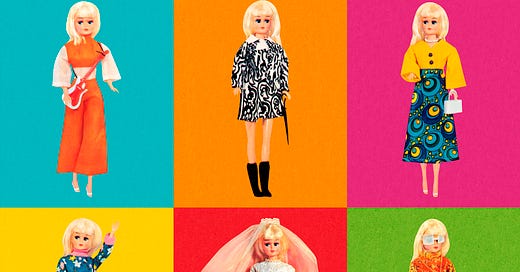I am only able to write for a living because of this newsletter. If you open it regularly and if it makes you see topics and issues in a new way, or makes you think deeply, become a subscriber.
March is Women’s History Month, and my kid brought home a handout about important women in history from their school, where they were also taught that women are m…




